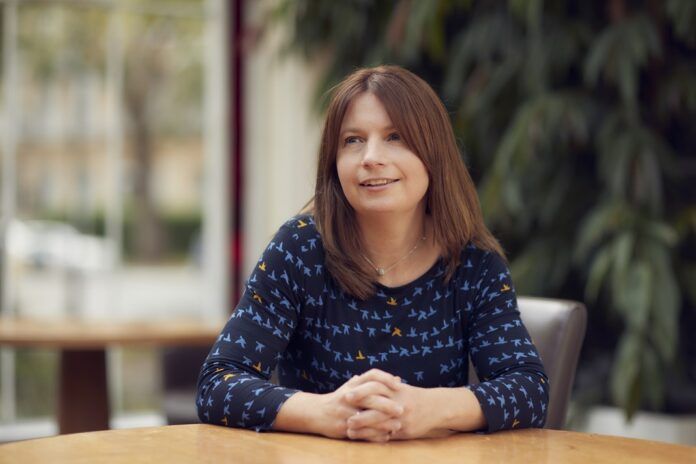
ADEY has expressed its support for contributing to a science-based target (SBTi) of 30% reduction in Scope 1 & 2 carbon emissions and 13% of Scope 3 by 2027 across the Genuit Group, on a pathway to achieving Net Zero by 2050.
The business is launching several initiatives to support carbon reductions throughout the supply chain. One of the latest carbon-reduction initiatives by the global water treatment manufacturer is a packaging re-design for its filter range.
A statement said that the new packaging, which is now in production, is made from 70% recycled materials that are 100% recyclable. It will use 30% less cardboard, significantly reducing ADEY’s carbon footprint and the amount of waste produced, it noted.
Alongside the changes to the product packaging, which will use 72 tonnes less cardboard a year, the removal of the small spanner from the existing boxes will reduce the amount of plastic by 5.5 tonnes a year, it cited.
Helen Isherwood, ADEY’s managing director, said: “We’re committed to having a positive impact on the environment, both now and in the future, and the changes we’re making will support that. The environmental benefits of these updates are substantial.
“We’ve also moved to digital product manuals, which saves three tonnes of paper a year and helps to reduce product weight. With the boxes lighter to transport, 128 gallons of fuel will be saved a year. In total, the changes equate to a saving of 105 tonnes of carbon every year.”
ADEY said that its companywide carbon reduction plan has seen the introduction of hybrid and electric cars to its fleet, 97% of its waste recycled within a five-mile radius and introduced movement sensors to lighting.
With a longer-term view to supporting continued innovation and research into lifecycle carbon reduction initiatives, ADEY added that it has been actively supporting research by the University of Birmingham Magnetic Materials Group and HyProMag into short loop recycling of rare earth magnets since 2021.
As part of the Genuit Group measurements, ADEY noted it is contributing data on its energy consumption and emissions from all sources, and insights on how it can be improved. This includes from the fuel in its fleet (referred to as Scope 1), the electricity it uses in its Gloucester HQ, assembly and distribution centre (Scope 2), or emissions it is indirectly responsible for (Scope 3) including materials and packaging.
